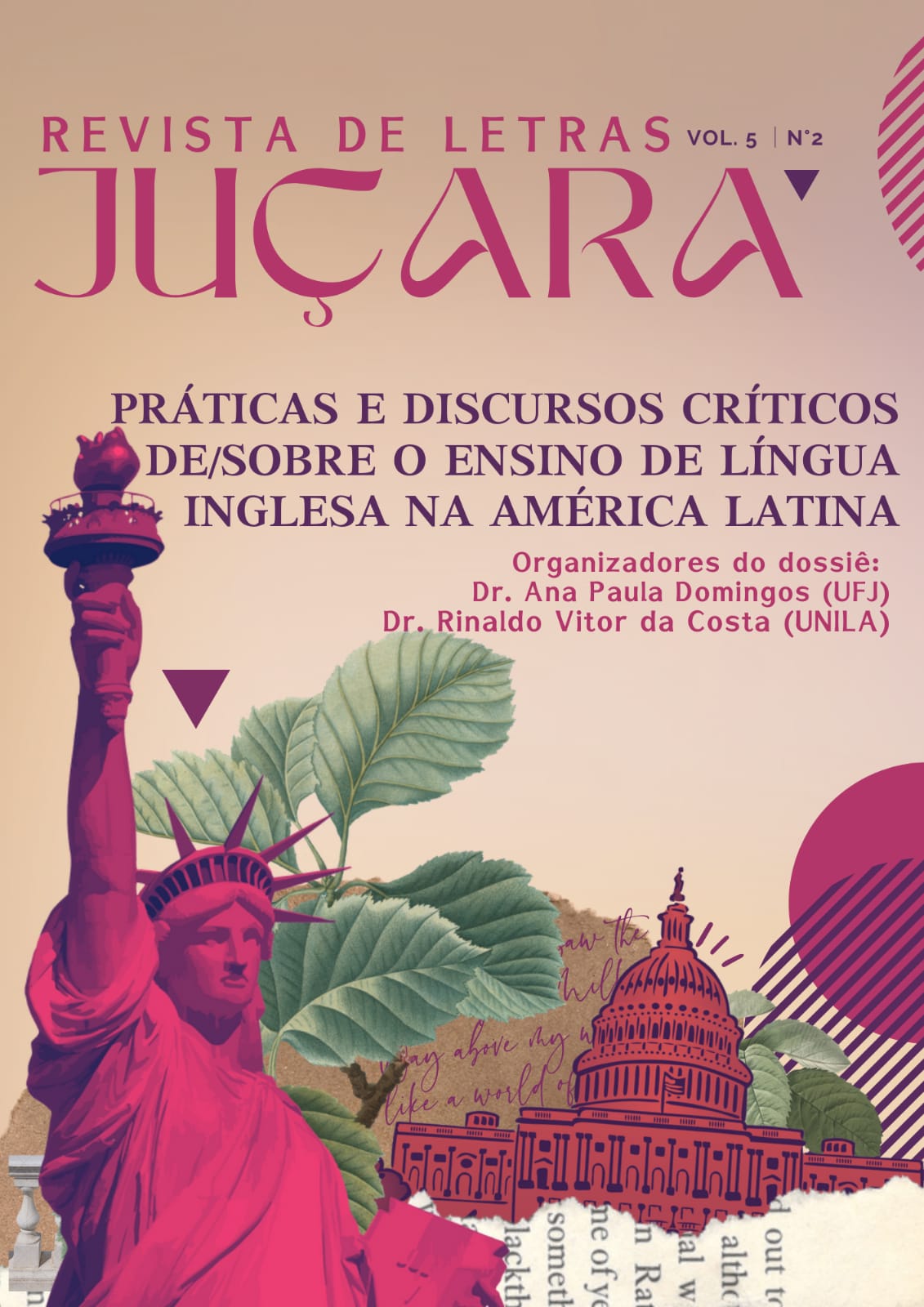LETRAMENTO CRÍTICO PARA DESMISTIFICAR CRENÇAS ACERCA DO ENSINO DE INGLÊS COMO LÍNGUA ADICIONAL
DOI:
https://doi.org/10.18817/rlj.v5i2.2699Resumo
Crenças podem ser sociais e individuais, paradoxais, contextuais e dinâmicas. No que tange o ensino de língua inglesa como língua adicional, ainda é flagrante a permanência de crenças impregnadas de preconceito linguístico e de ideologias epistemológicas colonialistas. Além de visões formalistas do que é língua que influenciam a expectativa sobre o que determina saber uma língua (por exemplo, domínio de formas e estruturas gramaticais negligenciando os aspectos sociocomunicativos), há também uma supervalorização de um modelo idealizado de falante “nativo” com um viés neocolonial que foca em variantes de prestígio (como o inglês americano ou britânico). Combater o preconceito linguístico, questionar as crenças do senso comum e fomentar o pensamento crítico ajuda a promover a autoestima e segurança linguística tanto de alunos quanto de professores. Este estudo, então, propõe uma desmistificação dessas crenças a partir dos multiletramentos e do letramento crítico como um caminho para uma formação linguística integral, consciente e crítica.
Palavras-chave: crenças; ensino de inglês; letramento crítico; multiletramentos.
Downloads
Publicado
Como Citar
Edição
Seção
Licença
Copyright (c) 2021 Fátima Machado, Cassandra Rodrigues

Este trabalho está licenciado sob uma licença Creative Commons Attribution 4.0 International License.
A submissão de originais para a Revista de Letras Juçara implica na transferência, pelos autores, dos direitos de publicação. Os direitos autorais para os artigos publicados nesta revista são do autor, com direitos da revista sobre a primeira publicação. Os autores somente poderão utilizar os mesmos resultados em outras publicações indicando claramente a Revista de Letras Juçara como o meio da publicação original.


